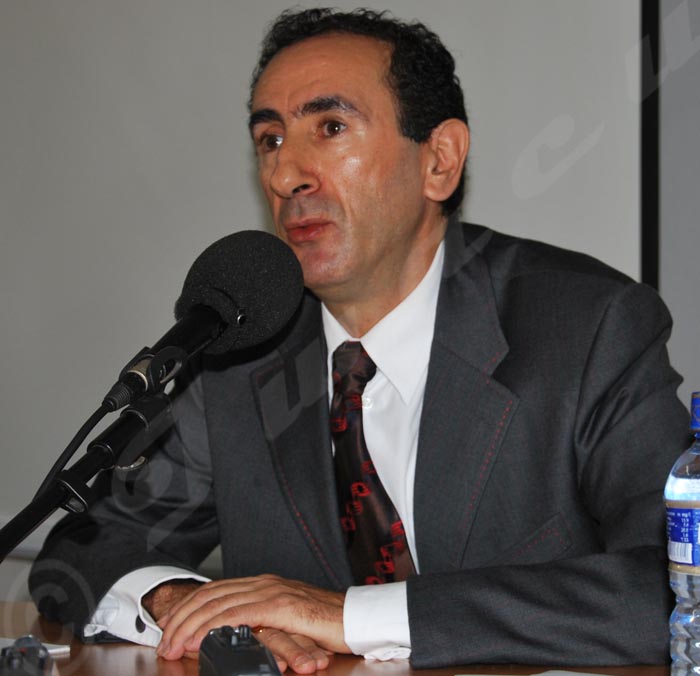The Commission of Inquiry on Human Rights on Burundi will present the final report of its investigation in Geneva between the 18 and 19 September at the thirty-sixth session of the Human Rights Council. The chairman of the commission says the report will confirm that serious abuses continue to be committed in Burundi.

Fatsah Ouguergouz, Chairman of the Commission of Inquiry on Human Rights in Burundi: “UN investigators have received no information about an improvement of the situation prevailing in Burundi”
In an interview with UN Info on 16 August, Fatsah Ouguergouz, the chairman of the Commission of Inquiry on Human Rights in Burundi said UN investigators have received “no information about an improvement of the situation prevailing in Burundi, especially since the presentation of the oral report last June,” Ouguergouz said.
“However, we have received some testimony about allegations,” he said so adding that the information revealed serious violations similar to the content of the oral report presented last June in Geneva.
The Commission of Inquiry on Burundi will present a report in Geneva from 18 to 19 September at the thirty-sixth session of the Human Rights Council. That report should confirm that serious abuses continue in Burundi, said Ouguergouz.
On 15 June, UN commission of inquiry emphasized the persistence of serious human rights violations in a climate of widespread fear.
“Several victims of torture by the police or the national intelligence service reported to the Commission that the abuses endured were accompanied by ethnic insults,” UN investigators said.
“Over two months later, the Commission has no reason to be less concerned. So no improvements to our knowledge, “said the chairman of the commission.
“We face a lack of Burundi authorities’ cooperation’
Ouguergouz also said the commission of inquiry still faces a lack of cooperation with Burundian authorities. The Government of Burundi refused the members of the Commission a visa to enter the country.
They traveled to neighboring countries, Uganda, Tanzania, Rwanda or the Democratic Republic of the Congo (DRC), where they investigated hundreds of thousands of Burundians who fled Burundi, said Ouguergouz.
“Again, we deplore the lack of cooperation with the Burundian authorities. Despite this, we have been able to work in difficult, but admittedly effective conditions, “said the Chairman of the Commission of Inquiry.
He said UN investigators were able to gather over 470 testimonies “. Depositions were gathered not only in countries bordering Burundi, but also in Burundi and other countries. “Through some sources, we have been able to gather testimony from victims or witnesses currently living in Burundi who have not left their country,” Ouguergouz said.
According to him, the mission of the Commission of Inquiry on human rights in Burundi is to document all these human rights violations in the country. “A work that can be useful in the fight against impunity, especially in the absence of possible recourse to Burundi itself,” he said.
By the end of last July, the National Independent Commission on Human Rights (CNIDH) urged International Criminal Court (ICC) to cancel the preliminary examination on the alleged human rights violations in Burundi that it had launched on 25 April, 2016. “Burundian jurisdictions are enough experienced to deal with local judicial cases,” CNIDH Chairman Jean Baptiste Baribonekeza said.
CNIDH claimed that the crisis that Burundi has plunged into since 2015 is over now. “Criminality cases taking place in Burundi are similar to other cases happening in other countries”, Baribonekeza said.
The Human Rights Council has established the Commission of Inquiry on Burundi through Resolution 33/24 of 30 September 2016. Its mandate is to conduct a thorough investigation into human rights violations and abuses in Burundi since April 2015.
Burundi has plunged into a violent political crisis since President Pierre Nkurunziza announced he would run for a controversial third term, which he won in contested elections in July 2015.



















 IWACU Open Data
IWACU Open Data

